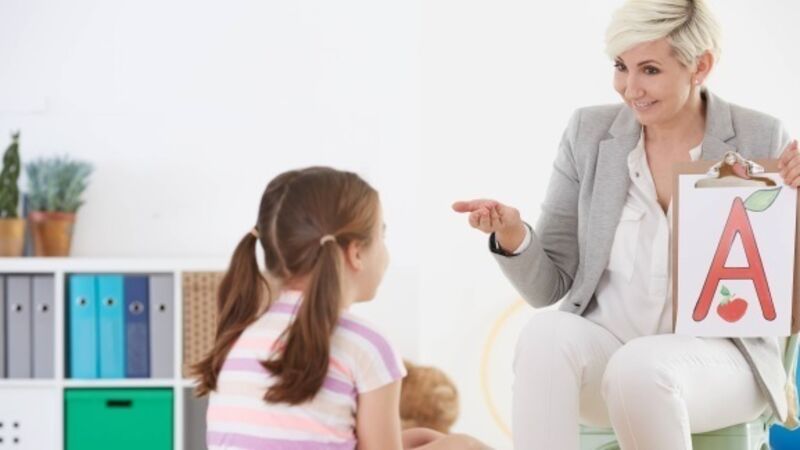10,000 reasons why we’re not the best little country in world to be a child

THE best little country in the world to be a child, this is. Isn’t that right? Who could possibly disagree?
Well, in some ways maybe it is. It certainly is a great place to be a child if your parents have everything they need. If they can afford the right school, the extra-curricular activities, the visits to the doctor, if they’re ever necessary. If they have the time for you. If they’re happy themselves, there’s a real chance you’ll be happy too.

















